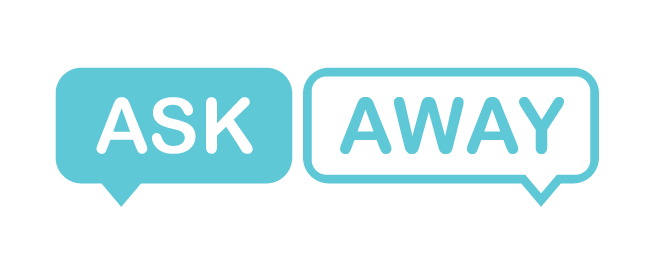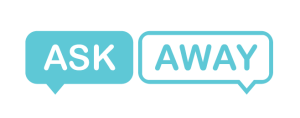“Everything you say matters in an interview. You should always strive for the best possible answers, while remaining honest, authentic and personable. Especially when you’re up against other candidates, mistakes can cost you the job. And making the mistake of saying the wrong thing in the interview itself, I won’t forget.”
We talk a lot about how to be your best in the interview. Prepare for the standard questions that everyone dreads and those that are just plain hard. There are quite a few things you should not say in the interview, and this top 5 are among the top ones to avoid. Today we discuss how to avoid making these mistakes.
1. Never be Negative About a Previous Employer
No matter how bad your experience was in your previous job, you don’t bring that to the interview table. You may have had the absolute worst boss in the world, atrocious working conditions, insultingly low pay and no opportunities to develop at all, you don’t disclose that – especially with emotions. If you get the question, “so, why are you here?” you can say that you felt you lacked opportunities to grow in the role, and immediately pivot to why that’s important and how that would help the company you’re interviewing at.
Anything else, especially relating to people, you have to treat with caution, and for two important reasons. First: it is a smaller world than you think, and the interviewer or other stakeholders at the company, may know your previous boss. It would be an awkward position to say the least, if you are negative. Secondly, the interviewer may feel, “this could be us in a little while”, when you are interviewing for another role at another company. If you are negative now, what’s to stop you to do the same? It’s also not important for the interviewer, the company and the role.
2. Discussing and Talking Back
Avoid entering into a full-on discussion in the interview. Talking back, especially when it’s about something that’s not an exact science or a true/false statement. The interview should be positive, future-focused and friction-free.
If you feel that it turns into a discussion or even an argument, take a step back. Ask if the question can be asked in a different way, or provide context. If possible, move on. Don’t make the argument itself the thing that you’re remembered by. But note the argument and the approach. It may be telling about the company and the culture if it’s broader than just the interviewer.
3. Clichés
On the other hand, you also have to avoid answers that a very clearly rehearsed and studied, that may come across as cliches and with that, lack authenticity. The interviewer is looking for a fit in the role and company culture, and it’s important you give answers that show your personality and attitude.
By all means, think ahead when you plan for the interview. Plan the interview, and think of answers for potential questions you may get, especially in crucial or potentially delicate fields. When you do, avoid studying and rehearsing the answers. When you get the question and you respond, chances are that it will come across as flat and unpersonal. And that won’t bode well.
4. I have no questions
You have to, have to prepare questions. Think of a list of questions, on the role, the team, the manager, the goals, the main challenges the team faces, and take the list to the interview. There’s a large likelihood that many of your questions will be answered in the introduction of the role and company, but a few will remain. Show that you think ahead, you’re able to display critical thinking and you plan for important events and meetings.
Saying, “I have no questions,” shows that you didn’t plan, and maybe even, don’t put in effort. Even if all of your questions are covered, mention the things you wanted to say to at least show that you prepared to learn more.
5. So, My Hobbies Are….
Don’t – don’t divulge any personal information, especially when it related to the applicable protected classes. Don’t volunteer information about your religion, family situation, health or anything else that can influence or create the perception of having an influence on the outcome of the interview.
While talking about hobbies may be a nice way to break the ice and ease the nerves, they can be a mine field. Also assume that the recruiter either doesn’t know he can’t ask these questions when he does, or he does – which is worse. If you feel it’s a genuine, friendly question, you can answer – honestly. It’s safer to not directly answer, and pivot back to the job interview. Think of the question, “are you married?” A potential deflection could be: “well, I keep my work and private life completely separate, so you won’t have to worry about an impact on my performance.” If there’s prodding, you can always say, “I think that’s not a question for this type of discussion, so I suggest we focus on the role and my resume.”
Again – you see that a lot has to do with preparations. You don’t wing a job interview, but you think ahead, and you stay on top of things during the interview. This list will help you with that, and hopefully help you to avoid making these mistakes. Good luck!
About us
AskAway is disrupting the way recruitment is done, by eliminating the need to plan and schedule time-consuming meetings in packed agendas and by offering tools to record or even prerecord interviews. This allows you and your hiring team the opportunity to share and analyze the candidates for your interviews when it suits you. We pre-screen so you don’t have to.
Contact us to find out more, or sign up for a no-strings attached free demo of our tool here.









